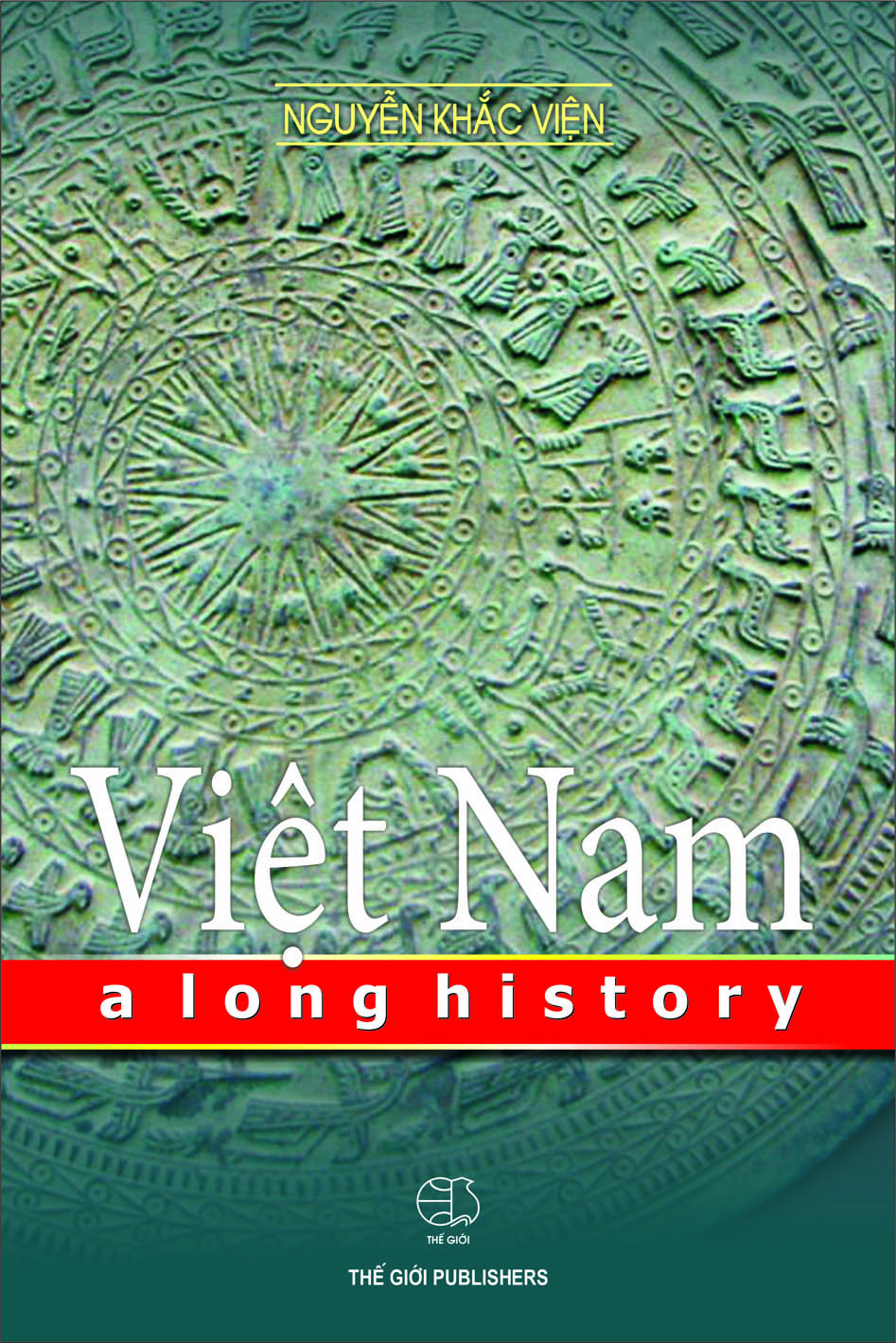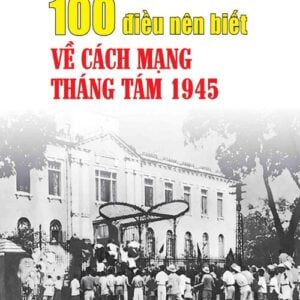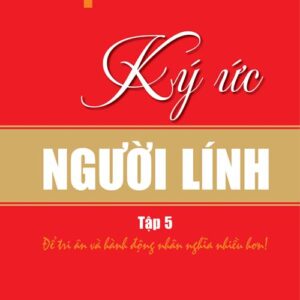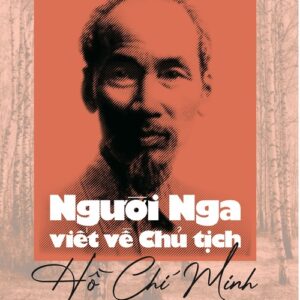Mô tả
Việt Nam, A Long History was written by Nguyễn Khắc Viện in French and first published in Việt Nam in 1976. Later, it was translated into English, Russian, German and Spanish. In 1999, L’Hamartan in France re-printed the French edition published by Thế Giới in 1993.
The fact that the book has up to now been re-published nine times proves its attractiveness to foreign readers. It was awarded the State Prize in 2001 by the Vietnamese government as a distinguished work in Social Sciences and Humanities. Earlier, the author Nguyễn Khắc Viện was awarded the Grand Prix de la Francophonie by the French Academy of Science in 1992 for this book, together with many of his works written in French.
Over the past 30 years, many foreigners have read Việt Nam, A Long History and shown a high appreciation of it. However, they have also often raised questions why the author’s analyses of the Nguyễn Dynasty and the period after 1975 are not as exhaustive as expected.
Vietnamese scholars have a different attitude towards the Nguyễn Dynasty because the Nguyễn kings contributed much to the development of the nation. At the same time, they could be blamed for their narrow-minded policy of governance. Thus, Nguyễn ánh, the founding-king of the dynasty, twice turned to foreign powers for support in his effort to suppress the progressive Tây Sơn uprising led by Quang Trung. At first, he sought help from the Siamese court. However, his forces and 50,000 Siamese troops were defeated by the Tây Sơn at Rạch Gầm – Xoài Mút (presently Mỹ Tho province) on 19th January 1782. Later, he sent his son to France as surety in an attemp to entreat the French to provide him with military personnel and materiel. Then, upon his enthronement Nguyễn ánh sought cruel revenge on the participants in the Tây Sơn uprising. Among Nguyễn ánh’s successors there were some who pursued a closed-door policy, opposing any idea of renovation. Thus, the nation remained backward and vulnerable to the invasion by French colonialists. As a consequence, Việt Nam became a colony of France for about 100 years.
Effectively, the Nguyễn ruled over Việt Nam for 81 years (1802-1883). From 1883 to 1945 their rule was only nominal. They made significant contributions to the development of the country in some aspects. For example, they fostered agriculture, organized land reclamation, built sea dykes, canals and drainage systems, and introduced reasonable land distribution allotment mechanism and taxes. In 1815, King Gia Long promulgated the Dynastic Penal Code composed of 22 tomes. King Minh Mạng carried out administrative reforms in 1831 and 1832 with a view to unifying the country. He divided the country into 30 provinces: 10 big, 10 medium-sized and 10 small; the number of levels of administrative authority was reduced to four; and the mandarinate was re-structured. At the same time, King Minh Mạng also carried out reforms in the education system with a view to selecting talented people for the court.
Possibly, the socio-political context of the 90’s of the last century did not allow Nguyễn Khắc Viện as well as other Vietnamese scholars to have a fair judgment of the faults and merits of the Nguyễn kings in Việt Nam’s contemporary history.
The post-period 1975 was marked by socio-economic upheavals. Devastated by the 30 years’ war, Việt Nam started its economic recovery and national development according to the Soviet model, which eventually led the country into a serious socio-economic crisis. However, the renewal of thinking and numerous trials in economic development in the 80’s served as an impetus for the emergence of a new policy line known as đổi mới (renewal) in late 1986. It is understandable that Nguyễn Khắc Viện needed time to gather facts and figures and to see how effectively the new policy would impact on social life, before he could present any judgment or analysis of his own. His work on the book finished in 1993, four years before his death and as a result he could not cover the đổi mới period.
Twenty years have elapsed since the beginning of renewal. Việt Nam has gained outstanding achievements in its đổi mới effort, which are recognized world-wide. And some personages and facts in Vietnamese history are now considered from an angle different from Nguyễn Khắc Viện’s. However, this book retains its value with approaches characteristic of Nguyễn Khắc Viện’s time and as a reference source in foreign languages for readers who are interested in Vietnamese history.
We welcome any comment from readers for improving subsequent editions.
Ngôn ngữ: tiếng Anh
Khổ sách: 16 x 24cm
Số trang: 408 trang






